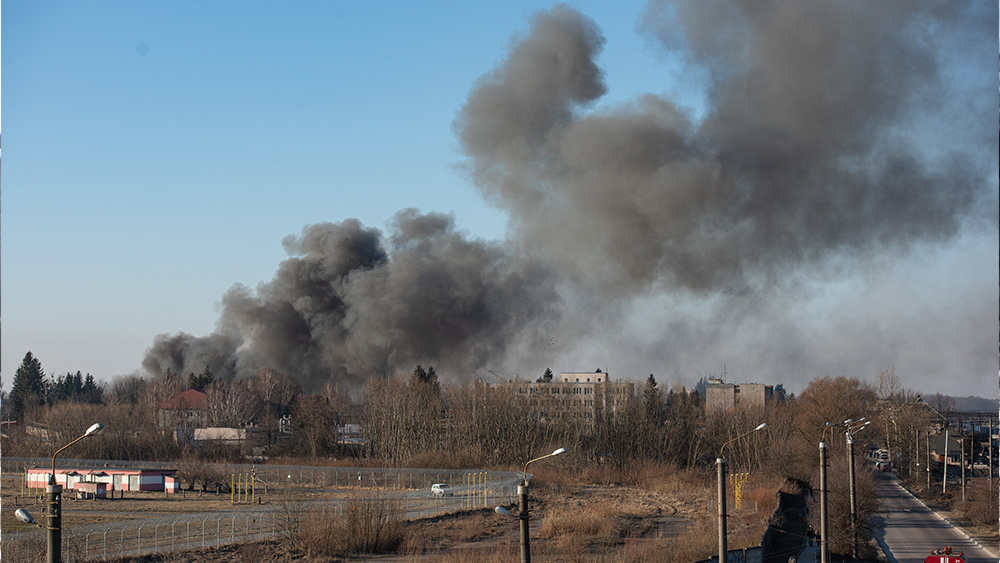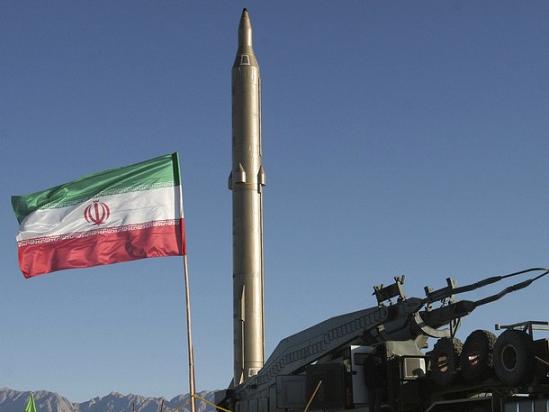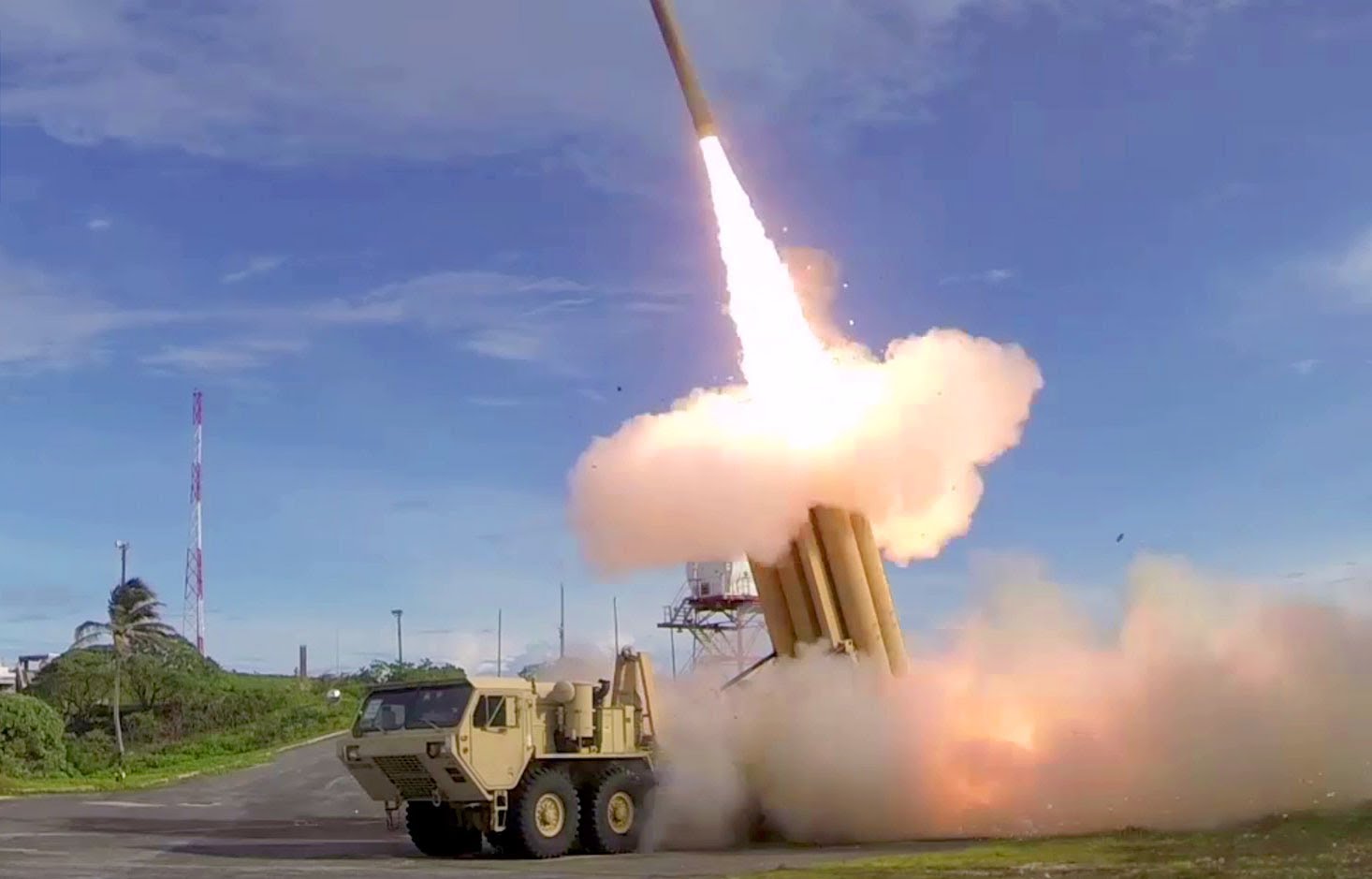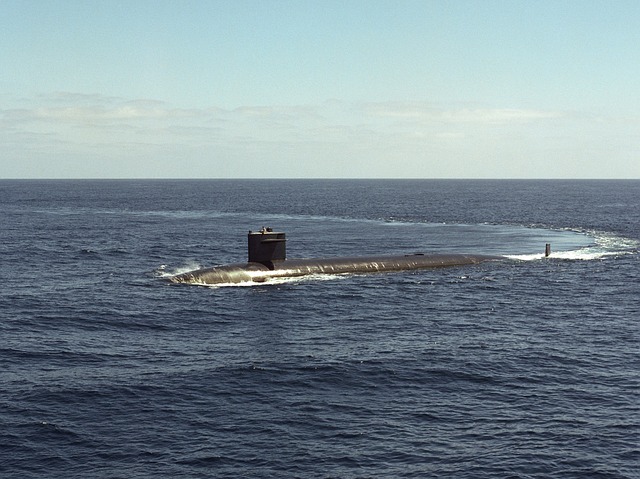Israel’s much-touted Iron Dome is failing catastrophically while IDF armor is systematically destroyed by Hamas fighters
11/09/2023 / By Cassie B.

The war against Hamas has been a rude awakening for Israel, who is quickly finding that its much-lauded military and Iron Dome missile defense system aren’t quite as bulletproof as many people believed.
Videos circulating online appear to show the Iron Dome system malfunctioning spectacularly – not only does it fail to intercept incoming missiles, but it actually starts attacking populated areas of Israel. In one video, the interceptor missiles sent out by the system do not reach their target, with one looping in the sky instead and landing in Tel Aviv, where it caused property damage.
Israel is believed to have around a dozen Iron Dome batteries situated throughout the nation, protecting crucial infrastructure and civilians alike. They are said to have the power to neutralize threats coming from as far as 43 miles away, and each one is capable of defending an area of roughly 60 square miles.
The missile defense systems, which function in all types of weather, are made to protect from incoming short-range weapons. Using radar, Iron Dome tracks rockets and determines which are likely to hit populated areas. It then strikes the rockets that are expected to cause the most damage using interceptor missiles; those that it thinks will land over the sea or open areas are allowed to proceed in the interest of conserving missiles.
While the Israeli military has said in the past that its success rate is up to 90 percent, it seems that figure now needs to be revised. The IDF has said that at least 8,000 rockets have been fired on the country since the Hamas attacks on October 7. While it has successfully prevented some rockets from landing, others have evaded it and landed on populated areas, leading to injury and death.
The system’s main vulnerability is that it may become overwhelmed if it is faced with a mass barrage of rockets, and some will inevitably get through in these situations. This is compounded by the fact that the missiles that Hamas has been firing on Israel cost them around $600 each, while the interceptor missiles used by Iron Dome cost 100 times more at $60,000 a piece. Eventually, they simply won’t be able to keep up.
Hamas militants are proving to be powerful foes for Israel’s army
Meanwhile, bodycam footage from Hamas militants circulating online shows how easily they are managing to hit Israeli tanks with RPGs from a close range during street combat, thereby evading Israeli anti-missile defense systems. One video claims to show 10 army vehicles being destroyed by anti-tank rockets.
A different video was shared on Twitter with the caption “INSANE: Al-Qassam in the Al-Zeitoun neighborhood destroyed one IDF tank from ZERO distance with a “guerrilla action device” and a “Al-Yassin 105” shell. Craziest thing I ever saw …”
Another video also claims to depict an IDF tank exploding after an Al-Yassin 105 hit.
The Israeli military and its intelligence services have long been considered among the world’s finest, thanks in no small part to the unique security challenges they face, but the recent attacks on the country by Hamas and the subsequent war have exposed just how underprepared they actually were.
From their failure to fully realize that an attack was imminent to their technology and machinery falling short in both defense and on the battlefield, this has been one big reality check for them. This may be a war between a prosperous country with American backing and a group of terrorists, but it is not nearly as one-sided as many people expected it would be.
Sources for this article include:
Submit a correction >>
Tagged Under:
awakening, big government, chaos, collapse, dangerous, Glitch, Hamas, IDF, insanity, Iron Dome, Israel, Israel-Hamas war, military tech, national defense, national security, panic, terrorism, violence, weapons technology, WWIII
This article may contain statements that reflect the opinion of the author
RECENT NEWS & ARTICLES
COPYRIGHT © 2018 MILITARYTECH.NEWS
All content posted on this site is protected under Free Speech. MilitaryTech.news is not responsible for content written by contributing authors. The information on this site is provided for educational and entertainment purposes only. It is not intended as a substitute for professional advice of any kind. MilitaryTech.news assumes no responsibility for the use or misuse of this material. All trademarks, registered trademarks and service marks mentioned on this site are the property of their respective owners.




















